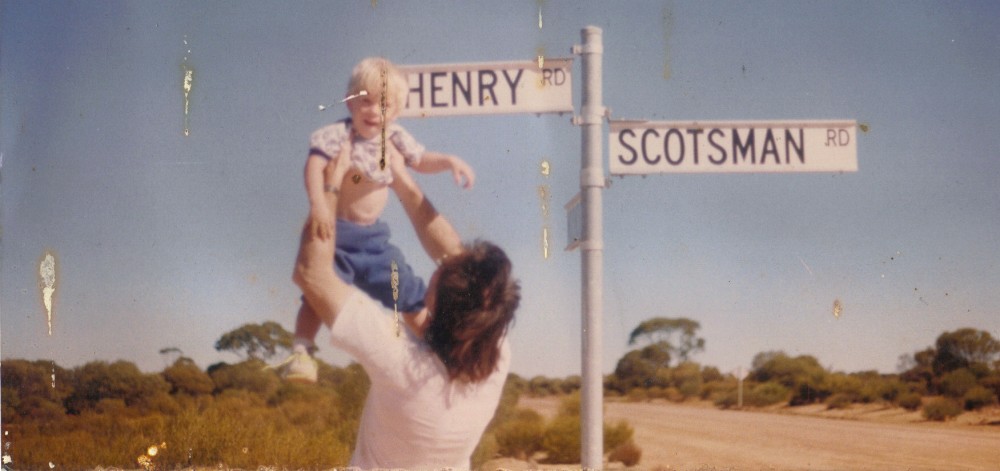The next question is “Can we work back from the song to determine genre or subgenre?” for you may want this ability if you’ve been contracted to perform Western Swing. I don’t recommend this approach for beginners but when one is writing complete songs without paying much heed to where they fit, it’s a handy skill to have.
Where would one place P.O.V? If you have an insight into its construction, as the writer has, one can see the impetus being the cinematic reference; perhaps some Media Studies coming in handy. Otherwise as a critic or theorist you could note that the song, as with much of this lyricist’s work, circles back around continually on the subject matter: point of view.
You could then try to separate out the component pieces, the different POVs if you will. If its just to understand the tenor then this could be useful but, since I’ve usually bound up different meanings at each juncture so there are parallel readings, this reduces the options.
Style is less problematic. It’s enigmatic, impressionistic, revels in play on meaning. It is thus unlikely to be blues, jazz, folk, country, rock’n’roll. When it comes to mutant forms, definition is less clear. Assuming Captain Beefheart was working his sound from jazz rather than blues (it’s a distant cousin to rock and distant cousins, there’s a limited supply) Nonetheless, I’m going to make a captain’s call (brr) and say that P.O.V is either one of the many seventies on rock songs – probably eighties – or its electronic, experimental, New Wave, any of the genres that liked to wander off. Except that P.O.V doesn’t wander off. By balancing plates metaphorically speaking it stays more on point than songs with a conventional narrative structure.
There are plenty of individual artists who write in this fashion. Not possessing the same style so much but using the subject matter to drive the plurality rather than reigning in a title to our own purpose.
To do a really scientific analysis of the song you’d want data on the character of songs that end with a title chorus or with a title chorus that plays with the repetition by slightly varying it. You could go impossibly broad and look at the subset of songs with this rhyming structure or the internal rhythm; perhaps you’ll feel the need to consider both.
As to pinpointing what style, form or genre typically uses this pattern, it sits at the less whimsical end of punk-era pop perhaps. This is what I was listening to in my formative years. It sits at the Costello end of verbiage not the Iggy end. I don’t twist my puns to romantic purpose as much as El though. There’s often a cataclysmic clamour and that could come from Echo and the Bunnymen or any number of sources.
Hey, I wouldn’t presume to dictate where a song I’ve written ends up as there are all the musicians and singers and audience putting their energies into it. The Blue Velvets do a great version of Just Like Daddy and they’re a jazz trio
